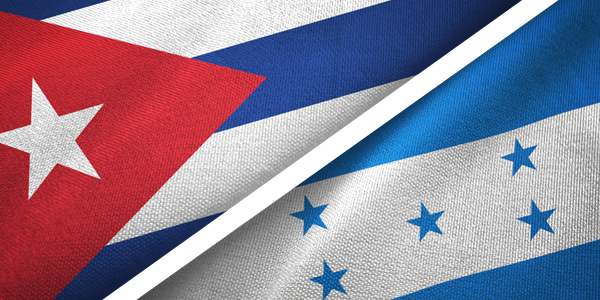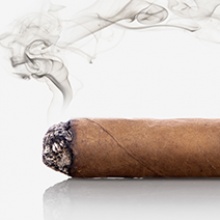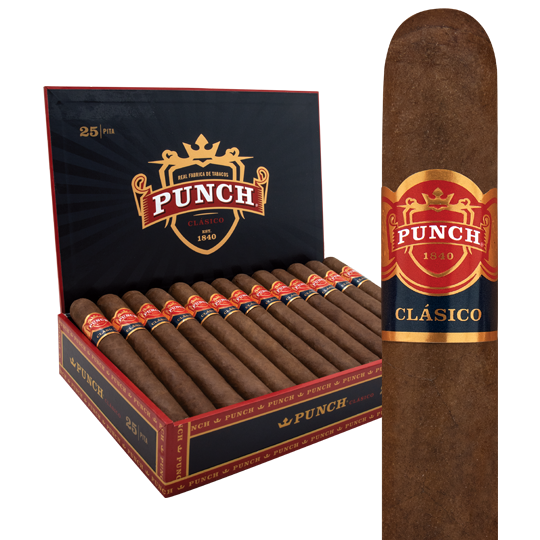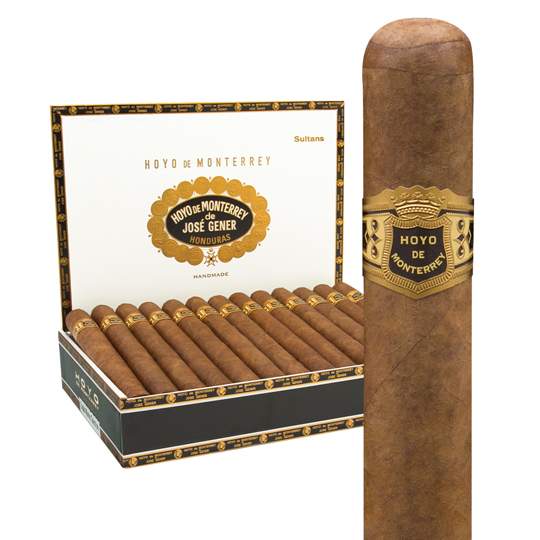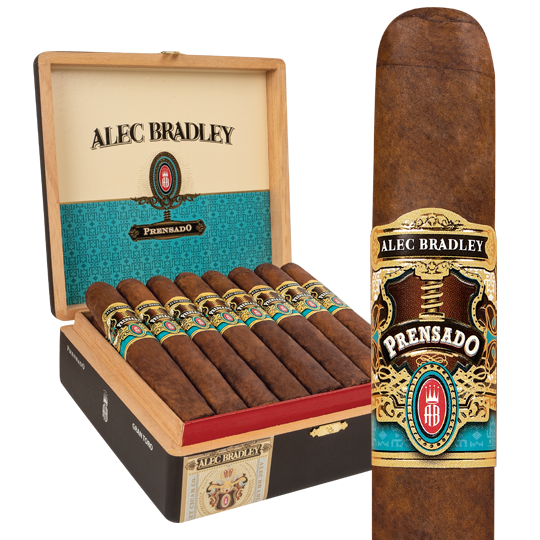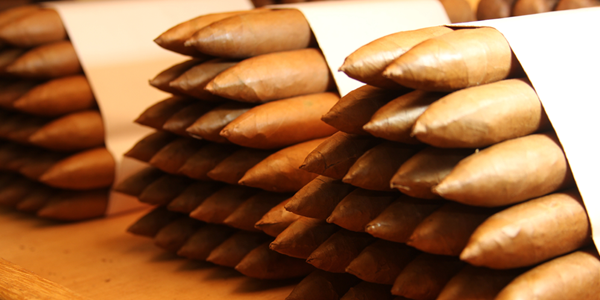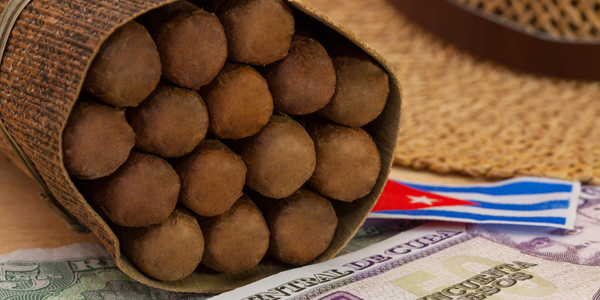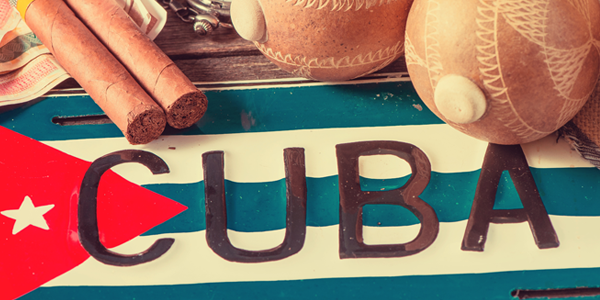Honduran vs Cuban Cigars
Why are you even smoking Cuban cigars? I know, I know. The idea that Cuban cigars are the “best” in the world still pervades, especially among the less knowledgeable cigar smokers. While a good Cuban cigar – meaning one that is made well and is consistent with others – is still something to enjoy, they no longer are incomparable. In fact, we’re going to compare them with Honduran cigars.
Honduras
Honduras is in Central America and shares a southern border with Nicaragua. On both sides of that border, some of the world’s best tobacco is grown. When Nicaragua’s civil war was raging in the 1970s, Honduras became a refuge for cigar makers from Nicaragua. For many years, Honduras produced mild-ish cigars, mimicking many of the popular Cubans. Today, cigars from Honduras occupy every level of flavor, having joined the trend toward stronger cigars.
Cuban Legacy
Among the cigars being made in Honduras, Punch is one of the more prominent Cuban legacy brands. The easy thing to say is that the Cuban Punch is still set in the range of classic medium-bodied Cuban flavor. That’s certainly true of the Punch Punch 48 (5.5 x 48), a slightly fatter Corona Gorda than the original Punch Punch (5.5 x 46). Medium power does not mean this cigar lacks complexity. I’ve found them to be among my favorite Cubans, when made well. They have a slight floral aroma and lots of sweet spice and cocoa. It’s fairly rich and pops with a little leather. At around $24 a stick, this cigar meets the challenge of being worth the money, especially when compared with a Honduran counterpart, the Punch After Dinner (7.25 x 45), in the ‘clasico’ line. This is one of the most sought-after Honduran Punch cigars and for good reason. The blend of filler from Honduras, Nicaragua, and the Dominican Republic make for a lot of medium to medium-full complexity. The smoke is thick with sweet and earthy notes. The natural variety has an Ecuador Sumatra wrapper that adds some pepper. The Maduro (not available in the Cuban Punch) is sweeter, chocolatey, and smoky. Best of all, this great cigar is about $6.00. Not much of a risk, eh?
Hoyo de Monterrey is another legacy brand that has settled in Honduras. The lead cigar for the company there is the Excalibur #1 (7.25 x 54), a hefty offering that has been prominent for decades. There are many different tobaccos in the filler which is wrapped in Connecticut Shade or Broadleaf, delivering a solid medium-full experience. You’re not going to pay a lot, less than $9.00, to give this one a try.
By comparison, the Cuban Hoyo de Monterrey Double Corona (7.625 X 49) is among the island’s elite classics that sells for about $40. A good one is a delicious smoke, with you doing a little more work than you might want to get an easy draw. Very firm, but quite complex with notes of nuts, flowers, and toffee.
El Rey del Mundo is not a big Cuban brand, but it is well-respected. The Choix Supreme (5 x 48) Robusto is among the most popular and sells for more than $20. If the wrapper has a reddish-brown hue, it’s a classic Choix Supreme. I’ve always found this medium cigar to be veiny, but relatively tasty with a lot of toast, wood and a little coffee coming through.
By contrast, the Honduran version of the brand is a bit more powerful with Connecticut Shade and Broadleaf wrapper options. These are not as complex, but they are full of flavor. Lots of earth and spice. Go for the Robusto Oscuro (5 x 54) at $7.00. I mean, you just can’t beat the value.
Cuban Exodus
The Eiroa family started making Camacho Corojo in 1995, but has many decades in the cigar business in Cuba. The Toro (6 x 50) is a full-strength, spicy cigar. It’s all Honduran tobacco with lots of Ligero. The profile delivers copious amounts of everything in this smoke, especially earth, pepper and leather. About $8.50. Today, Camacho is owned and made by Davidoff in the company’s new Honduran factory. Camacho cigars are frequently available for a hefty discount, too.
The Plasencia family draws on many generations of tobacco growers. Their roots date back to Cuba in the 1800s. Father-and-son cigar-makers Nestor Plasencia Sr. and Nestor Plasencia Jr. carry their family’s tradition forward today. Like many cigar-makers who produce cigars in Honduras, they also maintains farms and factories in Nicaragua. The Plasencias produce cigars for a number of popular brands, including Rocky Patel and Alec Bradley.
Honduran Cornucopia
Honduras is now a bountiful contributor to the enjoyment of cigar lovers. There are many more brands doing business there and producing winning products. Among the recent best was the medium-full, 96-rated Alec Bradley Prensado Churchill (7 x 48), named Cigar Aficionado’s 2011 ‘#1 Cigar of the Year.’ This champion goes for about $11. It’s got a Corojo wrapper holding Nicaraguan and Honduras fillers. Lots of good spice and sweetness and little brown sugar in a box-press. Alec Bradley Family Blend is also a popular and highly rated line. An Indonesian wrapper marries a balanced recipe of Nicaraguan and Honduran tobaccos in a 94-rated profile of toast, leather, and wood.
Many of the bestselling Rocky Patel cigars are handmade in Honduras. Rocky produces a number of versatile, rich, and balanced cigars, including the Rocky Patel Renaissance franchise, ‘RP’ Decade, ‘RP’ Ocean Club, ‘RP’ The Edge, and many more. Each blend boasts a unique signature of spices, earth, leather, fresh ground coffee, and cayenne. A well-known collection of Honduran-made gems comes from CAO in its series of World cigars, including CAO America, CAO Brazilia, and CAO Italia. Romeo y Julieta Reserve and Nat Sherman’s sweetened Host brand are made in Honduras.
A number of brands sought out by bargain-hunter are also made in Honduras, such as Gran Habano, Padilla, and Baccarat. Quality, consistency, and flavor prevail for the cost of a yard ‘gar. Add a box of Honduran cigars to your coolerdor and impress your pals without exhausting your entire cigar allowance.

